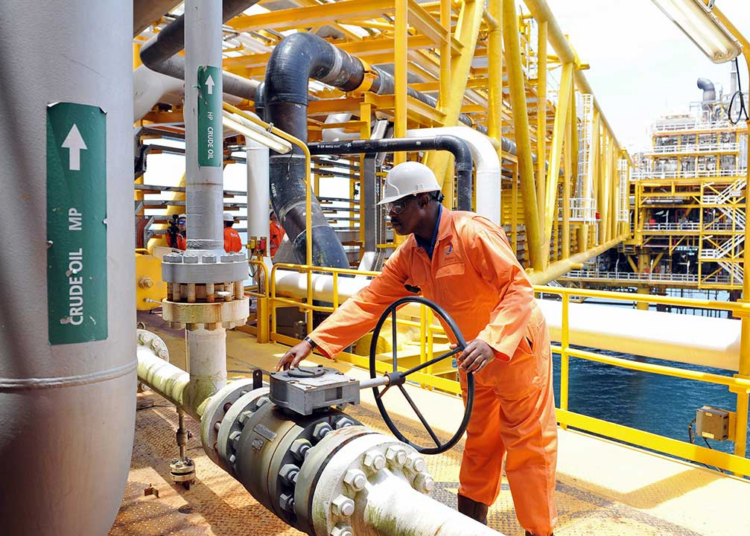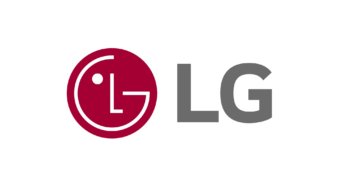Oil traders are looking towards Africa and the Middle East to buy crude oil after tightened US sanctions on Moscow disrupts roaring trade in discounted Russian oil to China and India.
The new turn of events is reviving demand for Middle Eastern and African crudes, roiling shipping markets and driving up oil prices.
A seller of Angolan crude said there was an increase in demand from Asian buyers looking to cover.
Unipec is taking a lot of West African crude cargoes, especially Angolan barrels – good buying interest after the Lunar New Year,” a Chinese trader said. Unipec is the trading arm of Asia’s largest refiner Sinopec. Sinopec did not immediately respond to a request for comment, according to Oilprice.com.
With sanctioned ships stuck on the water, many traders have rushed to switch to other vessels which now cost multiple times more, adding millions of dollars to the expense of each shipment.
Washington’s January 10 sanctions targeted tankers carrying Russian oil in a push to more effectively limit Moscow’s oil revenue, the aim of western sanctions imposed after its invasion of Ukraine three years ago.
The new rules have left millions of barrels floating on ships and sent traders hunting for alternatives, while dealings in Russian crude, the biggest source for top global importers China and India, have slowed for March.
The scramble has upended market dynamics. For a few weeks, high-sulphur benchmark Dubai became more expensive than low-sulphur Brent, which is easier to process. That opened opportunities for producers from Brazil to Kazakhstan to gain share in China and India.
Premiums for Brazilian crude surged last month to about $5 a barrel against dated Brent on cost and freight basis to China, up from about $2 in the previous month, traders said. That premium is now just below $5 a barrel for May arrival cargoes.
In March, China is set to import its first cargo since June 2024 of Kazakhstan’s CPC Blend, Kpler data showed.
In the week after the new sanctions, TotalEnergies trading arm TOTSA received so many enquiries that it held tenders instead of private negotiations to sell its Middle Eastern crude cargoes, which eventually went to China’s CNOOC and Rongsheng Petrochemical, a Singapore-based trader said.
TotalEnergies did not immediately respond to a request for comment. Reflecting the rush for Middle Eastern crudes, premiums for benchmarks Oman, Dubai and Murban more than doubled in January from December and remain above $3 a barrel to Dubai, despite lower demand from refineries in seasonal maintenance.
In addition, top exporter Saudi Arabia hiked prices for Asia-bound crude to the highest since December 2023, raising costs for refiners.
The rising costs are particularly tough for refiners in India. The country late last year cemented its shift from long-standing Middle Eastern sources to buy more oil from Russia, when Reliance Industries struck a 10-year supply deal with Russian state giant Rosneft worth roughly $13 billion annually.
India’s oil secretary said the country’s refiners want to buy only Russian oil supplied by companies and ships not sanctioned by the U.S. That has effectively reduced the number of cargoes and vessels available, Indian refining sources said.
With a limited supply of sanctions-proof cargoes, discounts for Russian Urals crude to dated Brent have narrowed to $2.50-$2.90 a barrel for March delivery, versus $3-$3.50 before the January sanctions, they said, a major cost increase on a typical one million barrel cargo.





